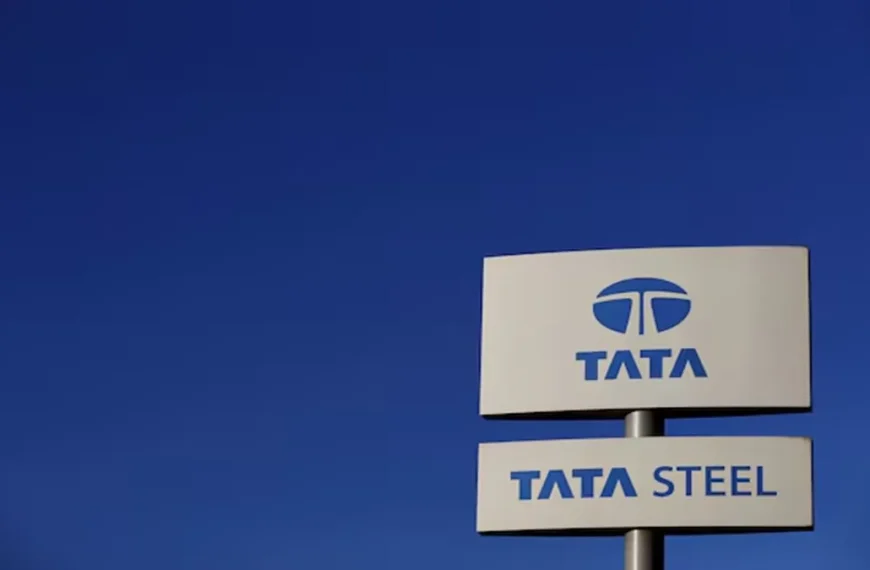As the domestic fast-moving consumer goods (FMCG) sector gradually rebounds, Britannia Industries is poised for a pivotal year in FY26. Varun Berry, the executive vice-chairman and managing director of Britannia, shared insights during a recent analysts’ call, highlighting a promising outlook for both revenue and volume growth in the upcoming fiscal year. The company has already demonstrated solid performance, reporting a 9% increase in revenue and a 4% rise in net profit year-on-year for Q4FY25.
Gradual Recovery in the FMCG Sector
Berry described the current demand revival as a steady climb rather than a sudden spike, emphasizing the importance of patience and continuous adaptation. Despite this positive trajectory, he warned of potential commodity inflation stemming from unpredictable weather patterns. The India Meteorological Department has forecasted an early monsoon this year, with many regions experiencing unseasonal rainfall in April and May.
- Key highlights from Britannia’s fiscal outlook:
- 9% revenue increase in Q4FY25
- 4% net profit growth year-on-year
- Quick commerce expected to double its market share from 4% to 8% in three years
Leadership Transition and Succession Planning
In a significant update, Berry announced that Britannia would appoint a new CEO in the next 3-4 months as part of its succession strategy. This follows his recent appointment as CEO, alongside his roles as vice-chairman and managing director, succeeding Rajneet Kohli, who left for Hindustan Unilever. Berry reassured investors about the ongoing succession planning, stating:
“The position of the CEO has to be filled. It is a statutory requirement. Succession planning is under process. And it will be clear to you in 3-4 months with regard to the new appointment.”
Navigating Inflationary Pressures
Berry’s remarks come at a time when food companies are closely monitoring inflation, particularly in staples like tea, coffee, and sugar. Major players such as Tata Consumer, Hindustan Unilever, and Nestle India are all carefully assessing food inflation trends before making decisions on price adjustments. In response to rising costs, Britannia has already implemented price increases of 5-6% to mitigate the impact of inflation on essential ingredients, including wheat, cocoa, and palm oil.
- Rising costs affecting Britannia:
- Wheat prices have increased despite higher yields.
- The government has raised the minimum support price for wheat by 7%.
- Inputs like cocoa, palm oil, and milk surged by 83%, 54%, and 21%, respectively.
Berry remains optimistic, stating:
“We are hoping that we will be able to grow revenue and volumes. Obviously, there will be a delta because we have taken a pretty high price increase in the last quarter.”
Growth Beyond Biscuits
To keep pace with market dynamics, Britannia is exploring growth opportunities beyond its traditional biscuit offerings. Categories such as cakes, croissants, milkshakes, and cheese have emerged as significant revenue streams, with many exceeding Rs 200 crore in sales. The relaunch of cheese alone contributed to over 40% growth in traditional trade.
Expanding Distribution Networks
Britannia’s distribution strategy is robust, reaching 6.5 million outlets of the 9 million total biscuit outlets in India. Direct distribution now accounts for half of its total reach, with plans to enhance coverage in rural areas—an essential market segment that drives a third of the company’s sales, while urban areas contribute two-thirds.
Berry emphasized the importance of both depth and breadth in outlet coverage, stating:
“We are working on improving both depth and width of outlet coverage in rural areas to drive more volume sales per store.”
As Britannia navigates the evolving FMCG landscape, its commitment to innovation and strategic planning positions it well for sustainable growth in the years to come.











